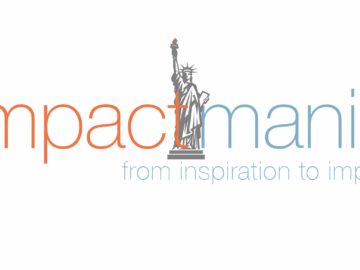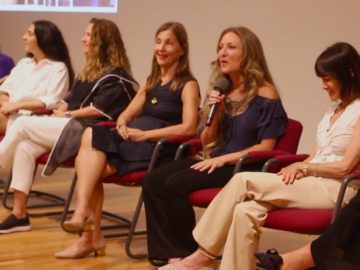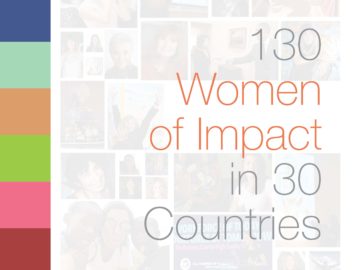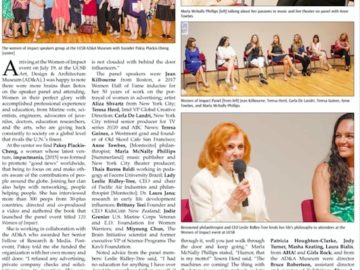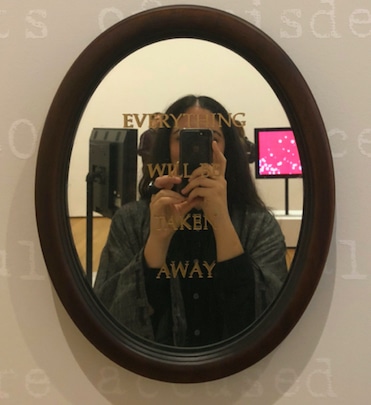
Introducing Off Scene
For the past ten years I’ve lived a strange contradiction for an artist: I’m best known for a piece that no one has ever seen. In 2008, I came to national media attention for my senior thesis in the Art major at Yale, which was banned by the university and has never been shown in any public way. My project, though controversial, was inspired by questions that I think are central to both feminism and art: What are our capacities as makers? What can a body do?
I was honored to have the opportunity to talk to Paksy Plackis-Cheng about this project and my more current work for impactmania. It is powerful to be contextualized within a larger collective of women who are exploring similar issues of agency and self-determination in different fields. And it’s for this reason that I wanted to write directly to this community about a solo exhibition I’ll be having in May of 2018—something that is a big step for me, but something I believe is only truly meaningful insofar as it opens on to a broader shared conversation.
The show, which I’ve titled Off Scene, is something I’ve been developing with a women-run nonprofit gallery in New Haven, CT called Artspace. It will include some of the censored visual material from my 2008 senior thesis piece alongside a survey of my work from the past decade, including a brand-new piece. I am imagining the show in its entirety as a site-specific installation. The title refers to how Artspace exists in the shadow of several powerful institutions—not only Yale University, but also the New York-centric art world. At the same time, it is a metaphor for other kinds of marginalization: for the kind of work that takes place in the shadows, gets overlooked, silenced, and erased.
Off Scene names for me a kind of feminist practice: not only my own efforts as an artist, but also our collective endeavors to navigate conditions that marginalize, erase, and silence us. It refers to the body’s capacity to disrupt—a capacity often disciplined as ob-scene. Off Scene describes a status of women’s narratives: specifically, how the capacity to speak and testify is structured by gendered and racial exclusion—an issue that has become timely again in the wake of the recent national speaking-out about systematic sexual assault. Off Scene also refers to women’s work: not only the fact that women are not payed an equal wage, but the fact that many of the labors we perform that have to do with the maintenance of our families, ourselves, and our communities, are not recognized or valued as “work” at all.
In addition to exploring these themes in my work, I will be undertaking several public initiatives in parallel with the exhibition. I’m co-organizing a roundtable entitled Living Fiction: Performance and Politics in the Space of Interdiction, which will bring together art historians, legal scholars, and visual artists to discuss broader questions of feminist representation and censorship, political legibility, and institutional power. I’m also requiring that Artspace become a W.A.G.E.-certified organization, meaning that they pledge to always remunerate all artists fairly and take a stand against the inherent exploitations of the art market.
Much of my work brings together the personal and the political in a feminist tradition; yet equally important to me is the relationship between personal and collective experience. I make my work because we have all felt—and have had to navigate—the limitations of our own agency. At a time when women’s rights are under renewed attack, this seems to me an important conversation to open up beyond the gallery walls, which is why I wanted to extend an invitation to this community of impactful women to be in dialogue with me about these issues. I hope you’ll come to my show, but more importantly, I hope my show is the beginning of an ongoing conversation.
Off Scene will be on view at Artspace (50 Orange Street, New Haven, CT 06510) from May 11-June 25, 2018.

